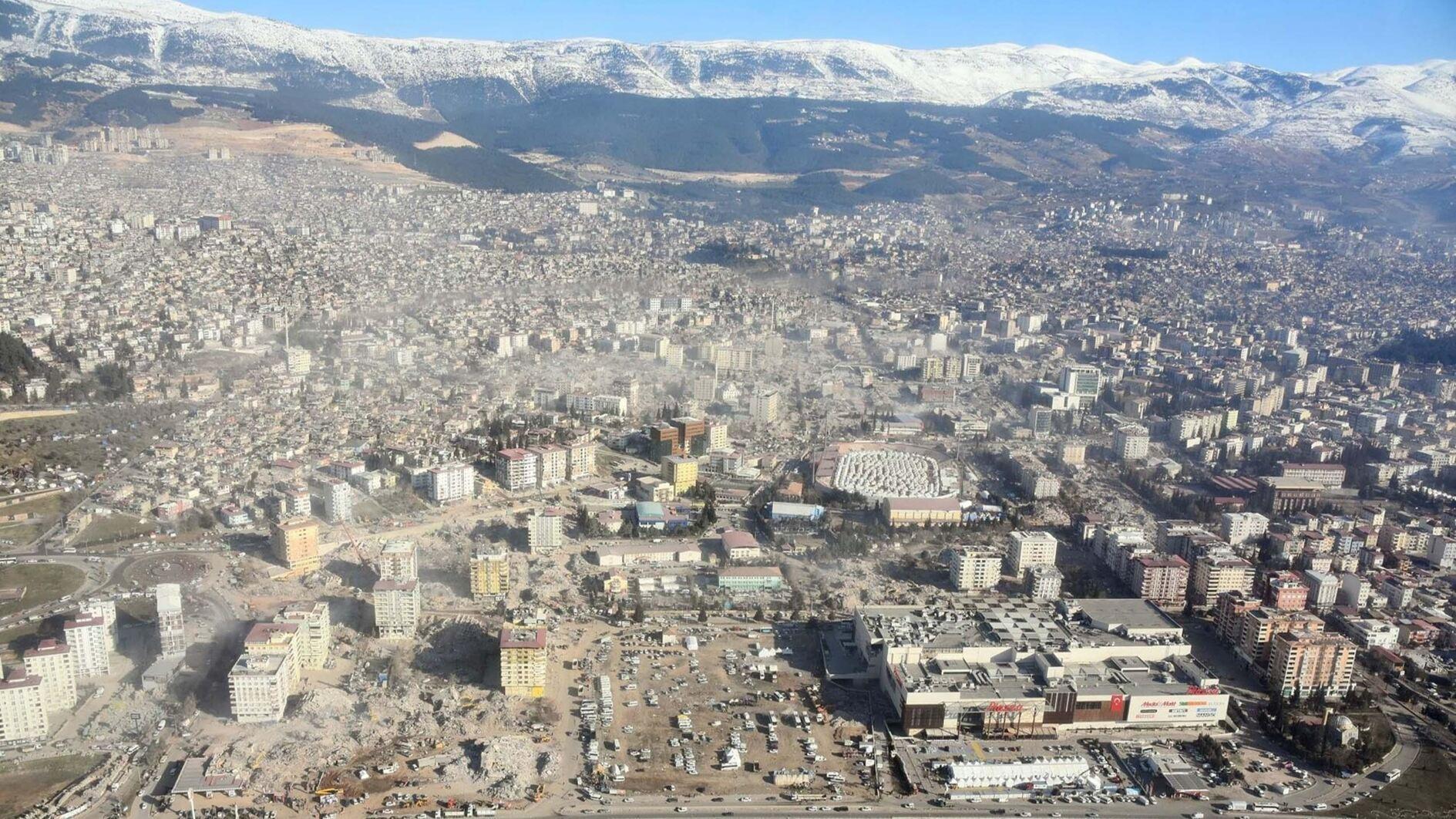UNDP builds earthquake debris processing facilities in Türkiye
ISTANBUL

The U.N. Development Fund (UNDP) has announced the completion of two model facilities for the safe processing and recycling of earthquake debris in Türkiye.
Located in the Hatay and Kahramanmaraş provinces, the facilities are designed to process an estimated 200 million tons (100 million cubic meters) of debris collected from 86 temporary storage sites in the region, according to a UNDP statement.
The initiative is part of a $4.83 million project funded by Japan, statement added.
Equipped with industrial-scale crushers, magnetic separators, and belt conveyors, the new facilities will process debris in stages, first removing hazardous waste, followed by the separation of recyclables such as metal, textiles, plastics, glass, and wood.
“Proper management of earthquake debris is a precondition for the recovery of the affected region,” said UNDP Resident Representative Louisa Vinton. “The facilities we have been able to build with Japan’s generous support will help to reduce the burden on the environment and eliminate risks to human health.”
The comprehensive debris management strategy and implementation plan was developed by the UNDP in cooperation with Türkiye’s Environment, Urbanization and Climate Change Ministry, utilizing Japanese expertise and technology.
“This project was designed to prevent health hazards by disposing of the rubble in Hatay and Kahramanmaraş while also strengthening social infrastructure to support the Turkish economy,” Japanese Ambassador to Ankara Takahiko Katsumata said.
“Project is coming to an end, but Japan will continue to provide support for recovery in the field of disaster waste disposal, as part of our broader assistance,” he added.
According to the UNDP statement, the two facilities are in an advanced stage of testing and are expected to achieve a processing capacity of 100 tons per hour in the coming months. If replicated widely, this approach to earthquake debris could significantly reduce the size of regional landfills and decrease carbon emissions by providing alternatives to construction materials that would otherwise need to be excavated or manufactured.
Fatih Turan, the General Director of Türkiye’s Environmental Management Directorate, stated, “This project represents a major milestone in our ongoing efforts to restore normalcy and support sustainable reconstruction in the earthquake-affected regions.”
“We thank Japan and UNDP for their vital contribution to environmentally safe management of debris and advancing our environmental goals,” Turan added.
More than 50,000 people were killed and over 107,200 injured in two powerful earthquakes that struck southern Türkiye on Feb. 6, 2023, according to official figures. The 7.7 and 7.6 magnitude earthquakes affected more than 13 million people across 11 provinces, including Kahramanmaras, Adana, Adıyaman, Diyarbakır, Gaziantep, Hatay, Kilis, Malatya, Osmaniye, Elazığ, and Şanlıurfa.
















